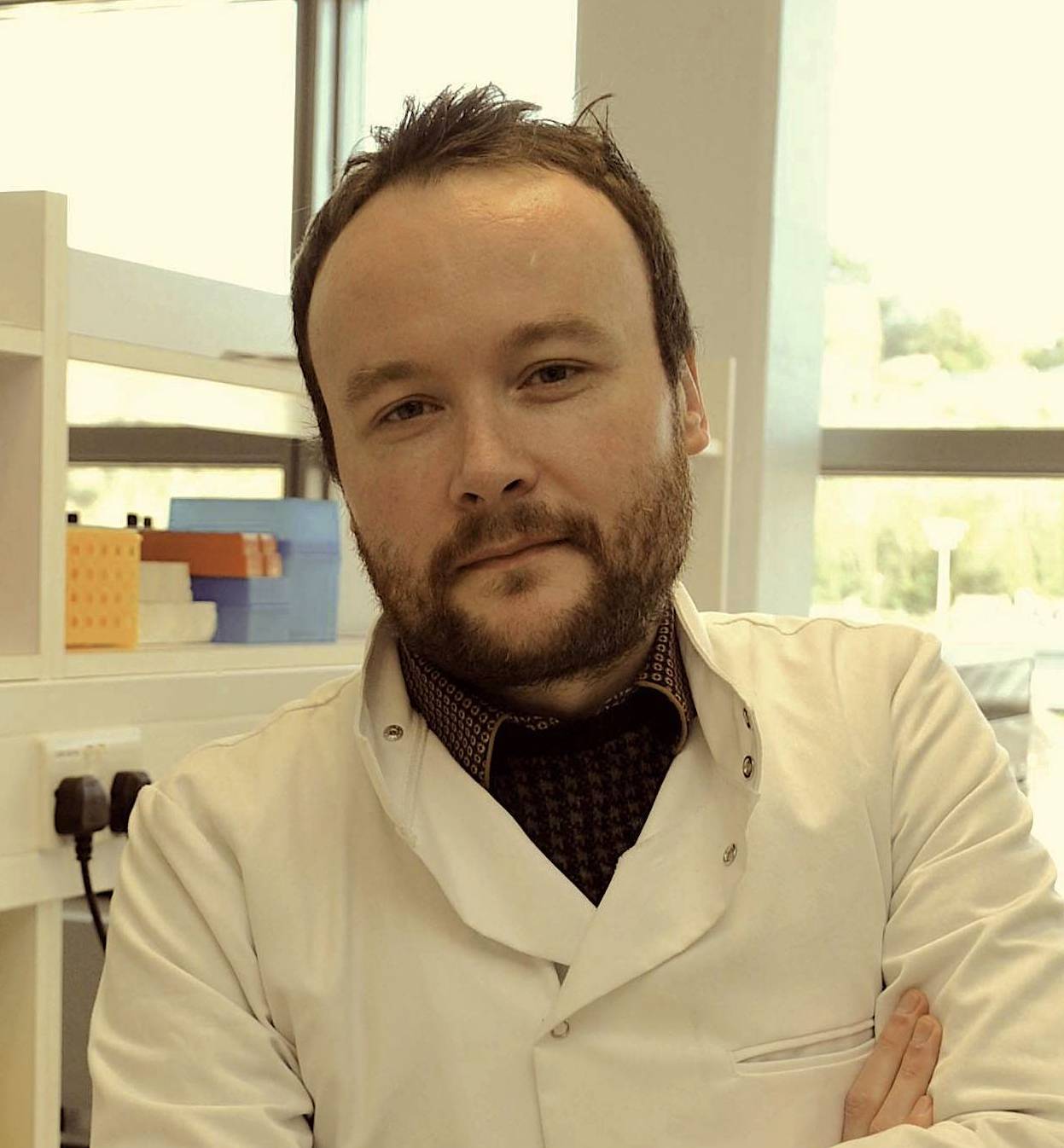Supervisor Database Search
Guidance for ICAT Supervisors
Supervisor Database
Full NameProfessor Eric Downer

- infectious disease and the immune system
- neuroscience and mental health
- preventive medicine/behavioural change interventions
- Other
Neuroinflammation; cannabinoids;
- Medicine
- Pathology
- Dentistry
- Immunology
- Neurology
- Pharmacology
In my laboratory we have a long-standing interest in patient-orientated research in the field of Neuroimmunology, with emphasis on the role of the innate immune system in neuroinflammatory conditions, particularly Multiple Sclerosis (MS) and the neuropathic orofacial pain disorder, Burning Mouth Syndrome (BMS). Our research takes a multi-faceted approach with clinical collaborators to investigate the underlying mechanisms that drive MS and BMS at a cellular level in patient samples, with a view to developing novel therapeutic interventions in such conditions. In terms of therapeutic angles, I have researched the cannabinoid system for over 20 years, and its role in regulating neuroinflammation. Our research in this field has made contributions to our understanding of cannabinoids as anti-inflammatory therapies, particularly in MS.
References
1. Fitzpatrick, J.M., et al., Molecules, 2022. 27(6).
2. Fitzpatrick, J.M., et al., J Neuroimmunol, 2020. 343: p. 577217.
3. Fitzpatrick, J.K. and E.J. Downer, Neuropharmacology, 2017. 113(Pt B): p. 618-626.
4. Barry, A., et al., J Oral Pathol Med, 2017. 47(2):158-165
5. Pereira, S.R., et al., Eur J Neurosci, 2020. 554(4): 1032-1050.
Potential projects
Targeting innate immune signalling mechanisms in Multiple sclerosis (MS)
MS is an autoimmune condition associated with symptoms of spasticity, pain and sensory/motor disturbances. A range of disease-modifying therapies (DMTs) are available for symptom management, however, there is an urgent need for new therapeutic avenues as DMTs are often ineffective and associated with side-effects. A body of literature indicates that innate immune inflammation is linked to the progression and(or) etiology of MS. The project hypothesis is that cannabinoids isolated from the cannabis plant exert anti-inflammatory effects in immune cells isolated from people with MS by targeting innate immune inflammation. This project aims to profile the anti-inflammatory and toxicity profile of cannabinoids using an in vitro system in human immune cells, which will aid the clinical development of cannabinoid-based therapies for people with MS.
Identification of peripheral inflammatory targets for therapeutic intervention in patients with Burning Mouth Syndrome
Burning mouth syndrome (BMS) is an oral pain disorder that is understudied and commonly eludes diagnosis. It is associated with burning or stinging in the patients’ mouth, most commonly on the tongue and(or) lips. Given our lack of understanding of the disorder, both dentists and clinicians report difficulties in diagnosing BMS, and this can lead to a delay in diagnosis/treatment. This is compounded by a lack of effective treatments to manage BMS symptoms. Research has identified that inflammation in immune cells circulating in the blood is closely linked to the disorder. The aim of this study is to conduct an analysis of inflammation in immune cells from a cohort of BMS patients. This project will test new anti-inflammatory drugs in immune cells from patients with BMS. This will allow the clinician/dentist to diagnose BMS, and hence allow early treatment with novel anti-inflammatory therapies.

